26, May 2022
Federal Republic of Ambazonia: Yerima confronts the French challenge in South Africa 0
Viva EFF VIVA
VIVA the Commander In Chief Julius Malema Viva
Viva the Spirit of Tata Nelson Mandela Viva
Viva the spirit of Robert Sibukwe viva
Viva the spirit of Solomon Mahtlangu viva
Viva the spirit of Steve Biko viva
Viva the spirit of Mama winnie Viva
Viva the spirit of Thomas Sankara Viva
Viva the Spirit of Kwame Nkruma Viva
Viva the spirit of Kris Hani Viva
Viva Africa for Africans Viva
Pantse Corruption Pantse, Pantse colonial dictatorial regimes Pantse, Pantse to western imperialism Pantse
On behalf of the Ambazonian people, I want to thank the leadership of the EFF, the Commander in Chief, Julius Malema, commissars and fellow fighters for giving us this opportunity to ask France to leave Africa.
Revolutionary Sisters and Brothers, I am here today in exile standing for the people Ambazonia, a land annexed, colonised and occupied by La Republique du Cameroun. In the 50s Ambazonia was far ahead of our present colonisers in terms of Statecraft, public institutions, governance, democracy, human rights and law and order. We lived in a democratic society with unimpeded free trade ideas.
Ambazonia is a country with her own international borders between the Republic of Cameroon, Nigeria and Equatorial Guinea. Activists across Africa have watched in amazement as the EFF in its short existence have successfully championed the course of the African people and has spoken severally about the plight of the Ambazonian people.
Just like the EFF, Ambazonia is fighting French Imperialism in West Africa. Yes, the same French imperialist that murdered the South African Anti-Apartheid Giant Dulcie September in Paris in 1988,
after she received documents implicating France in the nuclear power program of the Apartheid regime.
After murdering the leaders of the independence movement next door in La Republique du Cameroun, France imposed a neo-colonial regime there, a despotic society ruled by horse whip, a despotism that soon became an object of reverence and worship in that country.
We fell prey to such an atrocious dispensation which has nothing to offer except blood, tears, poverty and a wretched and dehumanised existence. We have never had any ties with France.
In 1960 France used their regime in Cameroon to annex Ambazonia.
For many years there have been waves of protest over the second-class status that is forced on our people. We wrote to the United nations and the International community petitions upon petitions about the plight of the Ambazonian people and they gave us a deaf ear.
But there comes a time when a people are bound by fate, history and the action of the International community to fully take responsibility of their own destiny and decide whether to be prisoners of their past tragedy or be architects of their own future as human beings living in freedom and Dignity.
It is a new day, and like the EFF, a new crop of Ambazonian activists, the never again generation are standing up against French imperialism and defending our neighbourhoods one block at a time in the senseless war declared on us by the neo colonial regime of Cameroon sponsored by France.
Our liberation struggle has been on for over 60 years but it reached its peak in 2016 when the neo colonial regime in Cameroon imposed a French colonial legal and educational system on our Land. Activists called for a general strike but the regime responded by declaring war on us.
As I speak millions of our people have been forced to walk away from everything they hold dear to flee for their lives, as the Cameroon army has embarked on a war of extermination on our communities. A genocide is going on.
On May 18, 2018, the Centre for Human Rights and Democracy in Africa reported that since 2016 the Cameroon military has burnt more than 60 Ambazonian villages to the ground, and in some cases, elderly people who could not flee before the soldiers arrived were burnt alive in their homes.
More than 40,000 of our people have been executed. Over 3 million are internally displayed and over a million are living as refugees in Ghana, Nigeria, the Mexican borders, here in South Africa and other countries around the world.
Today the 25th of May, 2022, will make 1601 days since the Cameroon regime with the help of the Nigerian government abducted our leader, Sisiku Julius AyukTabe and 11 of his top aides at a meeting in Abuja, Nigeria. It took over 120 days when they were taken into custody for them to have had access to a lawyer or being brought before a judge, or charged with with any crime. They were tried in a military tribunal for fighting for the basic rights of the Ambazonian people and sentenced for life.
The rape of women and girls, the killing of pregnant women, the killing of children in school, from school and to school, the execution of our brothers, buried in mass graves, the destruction of the crops of our people to impose hunger on them, the spreading of STDs and other infectious diseases is the signature of the French Cameroon regime’s blood thirsty army in our communities since December 2017.
These French Cameroon’s military scorch earth policies, raping of school children and women are all architected in boardrooms and political offices in France as part of the neo colonial project in Ambazonia and 14 other so called French African states, where the French are after nothing else but our natural resources.
We demand France to leave Ambazonia because we have never had any ties of any kind with France.
Ambazonia is not part of the French sphere of influence in Africa.
We demand that France ends its assistance to FRENCH Cameroon in that country’s Colonisation of Ambazonia and that country’s war of genocide in Ambazonia.
Our comrades from Mali are here today. They have similar cries and these cries are similar across the so called 14 French African states and Ambazonia. Mali was one of the 64 countries in the UN out of the 97 who voted for the Independence of Ambazonia on the 21st of April 1961. Ambazonians are grateful and will continue to join you to fight neo colonialism across Africa.
I want to use this opportunity to make this appeal to EFF and all African progressive movements to join hands with us to fight France repression, oppression, killings, looting and plunder of our resources. Africa deserves better and we can build the Africa our forefathers dreamed of by working in solidarity. NATO stood in solidarity for Ukraine, as Africans, we must stand in solidarity for all Africans.
Mama Africa is pregnant to deliver another child, Ambazonia on the African West coast. She needs the support of the brother from Marikana. We count on your support fighters and comrades. And, as the Government of the United States has given temporary protection status to Ambazonians who fled the war of genocide and are in the US, let me use this opportunity to call on the South African government and other governments in Africa that as Africans in solidarity, may your governments give protection to Ambazonians fleeing the genocidal war and even do better by speaking up against the human rights atrocities of the Cameroon regime and support the calls for a negotiated settlement of the senseless in humane war on our people
As comrades and fighters for a free and developed Africa, we must always note that, Africa’s fight against neo colonilism rejects attempts by France or any power to come back through the back door to exploit Africa.
Africa is for Africans and everything underneath our feet is owned by Africans, to develop Africa. It’s time we take back Africa, own our land and enjoy the milk that flows from mama Africa. That time is now to kick France out of the shores of Africa or any imperialist regime which want to come through the back door.
Long live Africa
Long Live EFF Long Live
God bless the Federal republic of Ambazonia.
Thank you!
Comrade Dabney Yerima
Vice president, federal republic of Ambazonia
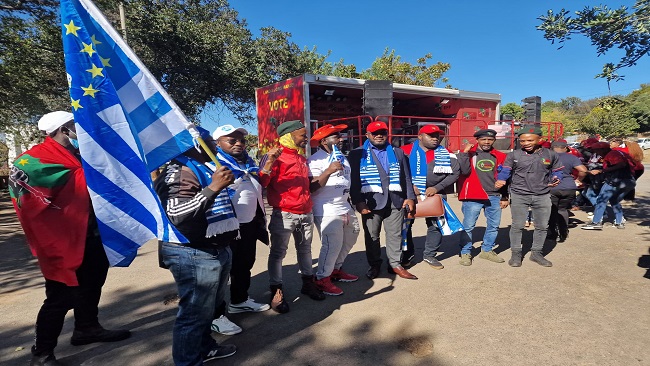
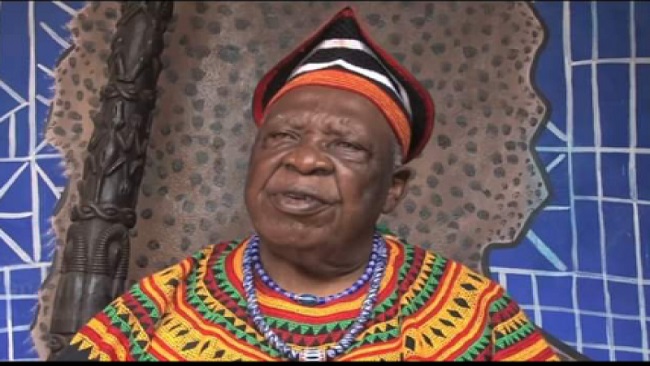
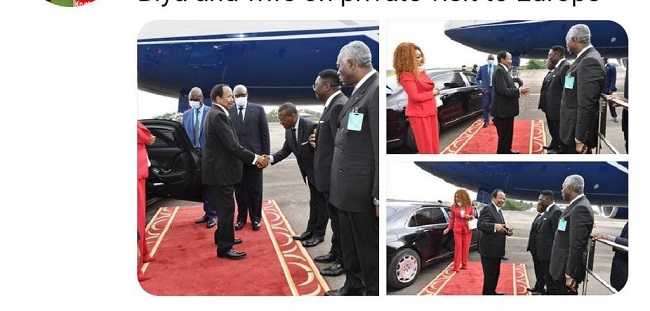
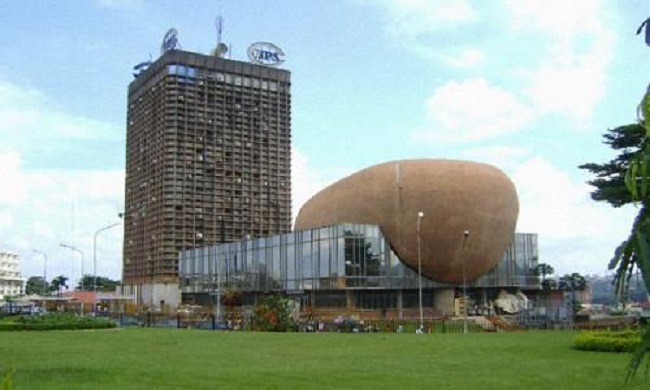
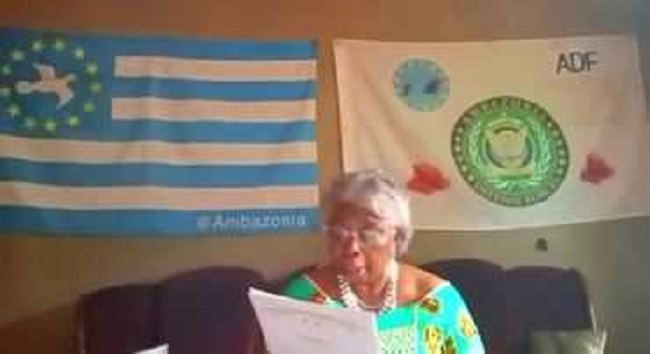
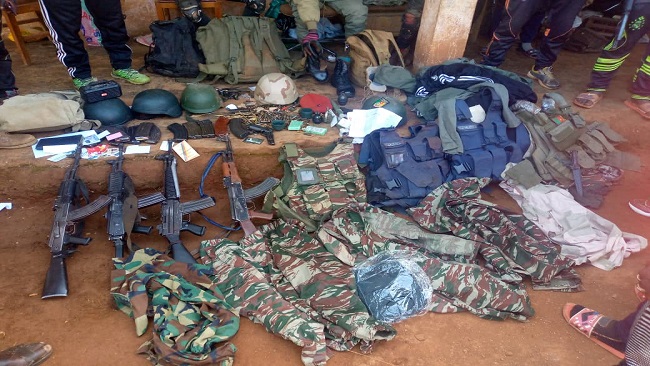
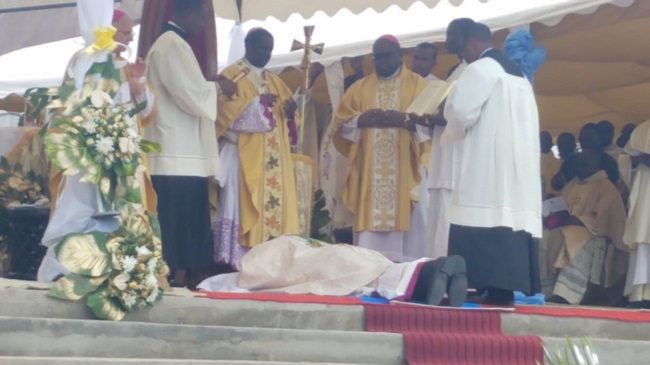
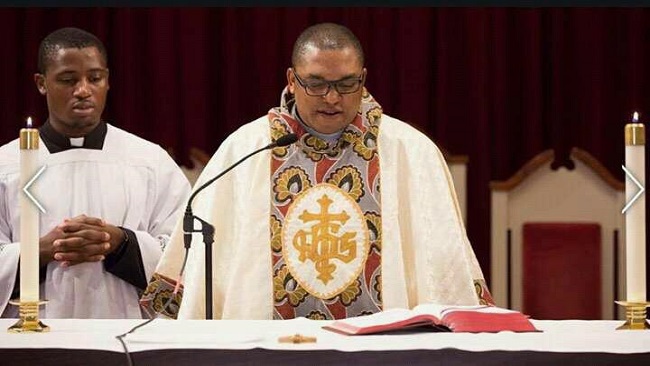
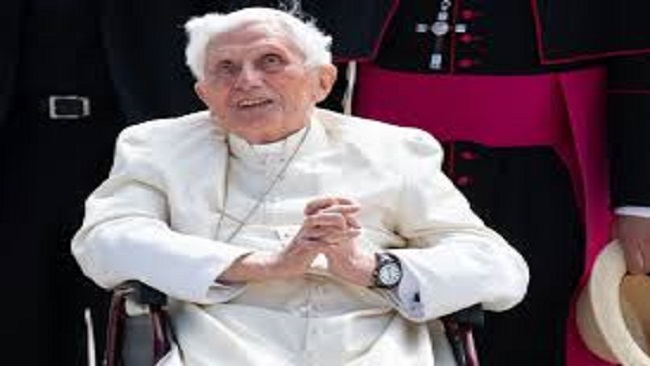













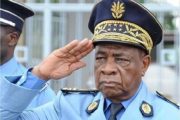


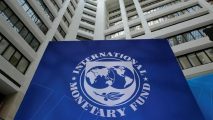

30, May 2022
Cameroon’s missed foreign policy potential in Africa 0
In April, Cameroon renewed a military cooperation agreement with Russia as Moscow intensified its offensive in Ukraine. The timing certainly supports Russia’s claim that its international isolation is relative. It also raises questions about Cameroon’s foreign policy at a time when African countries’ votes in the United Nations (UN) General Assembly are under scrutiny.
The military agreement reflects a trend in Cameroon’s foreign and trade policy that entails keeping great powers at equal distances. While the Central African country is one of the largest recipients of French development cooperation in sub-Saharan Africa, its biggest creditor is by far China. Cameroon also maintains close foreign and trade ties with the United Kingdom, United States and Germany.
This international balancing act loses its appeal when it comes to Africa and the African Union (AU), however. In May, Cameroon chaired the AU Peace and Security Council (PSC) after being re-elected to the council for a three-year term. The relative indifference to this rotating chairship by Cameroonian decision makers, opinion leaders and society contrasts with the substantial diplomatic efforts taken to secure the country’s re-election.
The PSC rotating chair usually helps a government push regional and thematic priorities, and demonstrate its diplomatic ability to address continental issues. For Cameroon, it’s difficult to identify clear goals in the AU, apart from preventing the Anglophone crisis from reaching the PSC agenda. The council’s discussion of the crisis could see a peace support operation deployed to the country, which Cameroon would consider intrusive.
Cameroon’s indecisive continental foreign and trade policy can also be seen in Central Africa
Yaoundé is also poised to guarantee constant AU support for the logistical base of the African Standby Force located in Douala and the regional Multinational Joint Task Force against Boko Haram in the Lake Chad Basin.
Despite the many contemporary transnational issues facing Africa – an expanding terrorist threat, activating the African Continental Free Trade Area, and the resurgence of coups – Cameroon’s policy towards the AU and Africa remains unclear. It’s also characterised by limited engagement at the heads of state level, where AU decisions are ultimately made.
President Paul Biya is notorious for missing AU summits. Despite this, Cameroon has managed to get its nationals elected as commissioners in the AU’s Konaré/Ping Commissions (2003-11) and the first Faki Commission (2017-21). But these political appointments hardly compensate for the few Cameroonians in the AU Commission’s senior leadership or the absence of shared guidelines for the country’s action in the AU.
Cameroon can sometimes mobilise political capital to secure positions in the AU – such as the current head of the Reform Implementation Unit. However the country doesn’t exploit its strategic and unique location at the crossroads between the Francophonie and the Commonwealth, Sahel and Equatorial Forest, and Western and Central Africa.
The focus on the president and his personal preferences prevents diplomacy from being led by principles
Cameroon’s indecisive foreign and trade policy can also be seen in Central Africa. Based on the size of its economy, demography and transport infrastructure, the country could play an anchor role in the Central African Economic and Monetary Community (CEMAC), which comprises six countries using the CFA franc.
But the government rarely uses this position of strength to boost Cameroon’s regional interests. Despite being the gateway to the sea for Chad and the Central African Republic, Cameroon lacks the vision and strategy to harness the strong positions of its private companies in those countries.
In the wider Economic Community of Central African States (ECCAS), Cameroon’s power is challenged by oil-rich Angola and the war-torn but mineral-rich Democratic Republic of the Congo (DRC). Rwanda’s increasingly active security and trade diplomacy in the region will be interesting to watch as power relations are redefined.
While CEMAC comprises countries solely committed to Central Africa, ECCAS members also have regional allegiances to Southern and East Africa. Examples of the latter include the DRC, Angola, Burundi and Rwanda. The planned merger of the two regional organisations would probably move the centre of gravity east- and southwards, diluting Cameroon’s influence in the bloc.
Cameroon’s foreign policy is notoriously obscure because official documents are rarely made public
Cameroon’s foreign policy is notoriously obscure because official documents outlining its interests and strategic goals are rarely made public. Even Cameroonian diplomats struggle to give a unified view of the country’s actions in Africa and internationally. There is no single forum convened for diplomats and their hierarchy, and the last conference of ambassadors was held in 1985.
The heavy focus on the president and his personal preferences has prevented Cameroon’s diplomacy from being led by principles. It has also been the main obstacle to the Foreign Affairs Ministry driving foreign policy rather than the presidency. But as instability grows in Central Africa, clear guidelines for Cameroon’s regional and continental engagement will become more crucial than ever.
Cameroon’s foreign policy should start with designing a neighbourhood policy. As a leading trading partner in Central Africa, Cameroon has a vested interest in the region’s stability. This makes it surprising that other less affected states increasingly settle crises on its doorstep.
A clear vision based on Cameroon’s medium- and long-term interests in CEMAC, ECCAS and the AU could guide diplomats and other foreign policy actors. Taking more responsibility for settling violent conflicts in Central Africa would boost Cameroon’s stature in the region and build skills among its civilian and military cadres.
The government has tried hard to prevent the Anglophone conflict from being considered by the AU and UN. It could learn from Rwanda and Chad, whose regional military diplomacy has successfully shielded them from international criticism in recent years.
To reposition Central Africa and Africa in Cameroon’s foreign policy, the country also needs to rectify the widespread bias which sees only diplomatic postings in Global North capitals as prestigious. Neglecting the low-hanging fruit of African diplomacy will damage the country’s image.
Culled from Defense Web